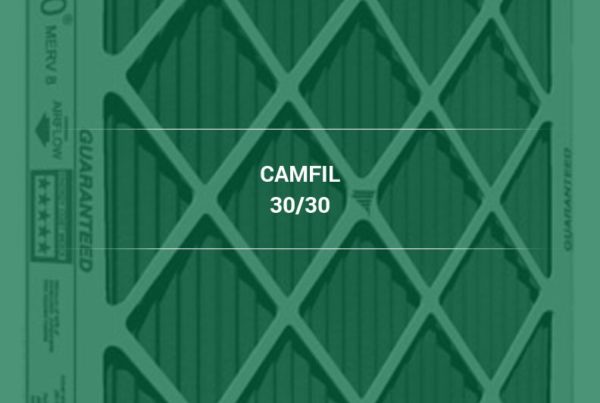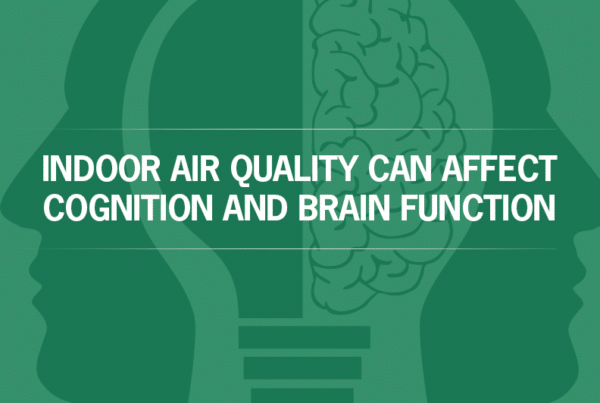03/29/2011 // Riverdale, NJ, USA // Camfil // Lynne Laake // (press release)
Over the past number of years, several incidents have demonstrated — all too vividly — the risks of using certain silicone gels in high-efficiency particulate filters (HEPA filters). In that time, two things have become clear: The failures can be costly, with users — who typically run the HEPA air filters in pharmaceutical and other types of clean rooms — losing production time and potentially millions of dollars in lost revenue. Camfil has not experienced such failures in their HEPA filters.
The reason is simple: Not all gels are created equal. The silicone gel Camfil uses was specifically formulated for use in HEPA filters. That’s a crucial difference from the competitor’s gel HEPA filters that have failed both in the past and the most recent flood of failures. In those products the less structured polymer network allows excessive low molecular weight fluids to migrate from the gel. Oil aerosols like Polyalphaolefin (PAO), routinely used to test filter integrity, further contribute to amount of fluid diffusing out of the gel. The result: Rather than providing a clean downstream environment, fluid from the filter gel seal accumulates and can drip down from the filter contaminating your product, — and crippling your business. This is a problem that came to Camfil’s attention due to a competitor’s gel failure 7 years ago, and, unlike competitors, Camfil has conducted proactive research, engineering, and testing to make sure similar failures have not happened with Camfil HEPA filters.
Between 2004 and 2006, Camfil conducted a series of tests designed to investigate, and fully understand, the compatibility of the company’s silicone gel with other materials and agents, including PAO. At the same time, Camfil collaborated with a principal investigator and polymer chemist at a major pharmaceutical manufacturer who was conducing similar tests. The findings of both investigations were in general agreement: Due to the extremely stable, relatively inert chemistry characterizing the cured silicone gel used by Camfil, no chemical reaction occurs when it comes into contact with PAO. To put it simply: Degradation of Camfil silicone contact does not occur. The integrity of the gel system and the effectiveness of the filter seal are in no way compromised.
Real world use has confirmed those laboratory findings. During the years in which other HEPA filters have experienced costly gel seal problems, not one Camfil HEPA filter has demonstrated a similar leaking issue.
Pharmaceutical companies know the work and expense that goes into innovation and testing. They also know the great value that can result, that’s something Camfil understands, too. The commitment to R&D and extensive testing ensures why its products are designed from the start to re-assure users that they will work, and work well, under all normal operating conditions — and for the long run.
The world leader in air filtration systems and clean air solutions — for health care and other industries — Camfil provides the tools to achieve sustainability, maintain high air quality, and reduce airborne infections; all while lowering total cost of ownership. We’ve helped hospitals, biotech and pharmaceutical companies, office buildings, hotels, schools/universities, and other facilities go green without ever sacrificing performance. For more information on HEPA filters, visit our website at https://www.camfil.us/response or our newsroom at https://hvacairfiilters.submitmypressrelease.com; you can also read about the Clean Air Solutions Company at https://cleanair.camfil.us, or call us at (toll free) 888.599.6620.
Media Information:
Address:
Phone: 888.599.6620
Url: HVAC Air Filters



